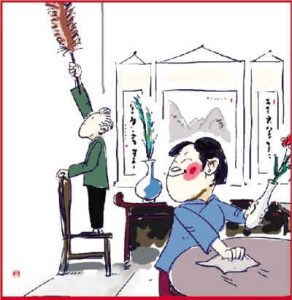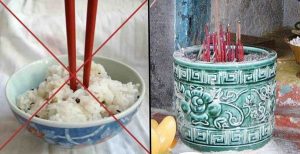Title: If You Find a Penny, Pick It Up
General Information about Item:
- Genre and Sub Genre
- Verbal Folklore: Superstition
- Language: English
- Country where Item is from: United States
Informant Data:
- Mitch is a member of the class of 2020 who was born in America and has roots in China and the Philippines. He was born and raised in Orinda, California and does not practice any religion. Lastly, Mitch is very science oriented and hopes to become an engineer by the time he graduates.
Contextual Data:
- Social Context: When Mitch was young, his mother would actively tell Mitch to pick up the pennies for good luck whenever she saw Mitch’s loose change laying around the house.
- Cultural Context: This superstition stems from ancient times when metals were precious and believed to offer protection from evil spirits.
Item:
- Good Luck Superstition: Picking up pennies brings good luck.
Associated file (a video, audio, or image file):
Transcript of Associated File:
Informant’s Comments:
- Mitch told me that he isn’t superstitious at all, unlike his parents who are very superstitious. He said that this might be because his parents are very catholic and therefore are more inclined to place less importance on logic and reason to establish causality.
Collector’s Comments:
- It’s interesting to see that this superstition lends its cultural roots to the fact that metal was precious and therefore finding them was valuable. Its social context echoes the social context of the superstition to not break windows because like metals, windows were considered to be very precious centuries ago.
Collector’s Name: Gaurav Varma
Tags/Keywords:
- American/Good Luck/Superstition/Pennies.








